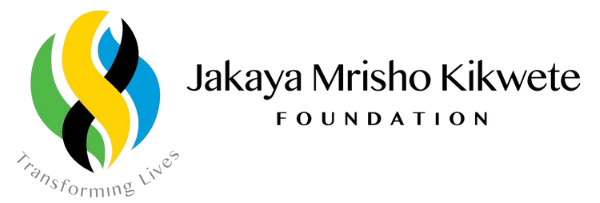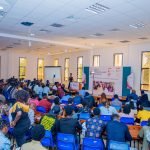In 2024, Tanzania Mainland and Zanzibar introduced new teaching guidelines focused on fostering critical thinking and problem-solving skills in students. To support the government’s efforts in implementing this curriculum, we partnered with key stakeholders to train secondary school science teachers, equipping them with the tools and methodologies needed to effectively deliver the new curriculum and cultivate these essential skills in their students.
The Jakaya Mrisho Kikwete Foundation (JMKF), in collaboration with TeachUNITED (TU) and the Ministry of Education and Vocational Training Zanzibar (MoEZ) in July 2024 launched a teacher training program aimed at revolutionizing science education in Zanzibar. This project is training 50 secondary school science teachers to enhance their teaching methodologies, ultimately leading to improved student academic performance. By initially focusing on science teachers, we aim to address the acute teacher shortage and equip educators with innovative teaching techniques, that match the newly adopted curriculums. These teachers will serve as trainers of trainers (TOT), spreading effective teaching methodologies to their colleagues and beyond with around the following:
- Mindsets for Success: Understanding the importance of having a growth mindset, knowing the “why” behind teaching, and providing students with growth-oriented feedback.
- Personalization for Growth: Adopting personalized learning strategies to support individual student needs and promote academic achievement.
- Authentic Engagement: Implementing effective techniques to foster an interactive and motivating learning environment.
- Meaningful Data: Utilizing student data to shape teaching strategies, identify areas for improvement, and make evidence-based decisions for better outcomes.
The Principal Secretary, Khamis Abdulla Said noted the timely nature and importance of this initiative, being how it aligns with the government’s priorities for educational reform. She encouraged the teachers to leverage this opportunity to enhance their skills, promising to monitor the impact of the training on teaching practices and student outcomes for possible national scaleup.
By empowering teachers with these new skills and methodologies, the JMKF, TU and MoEVT are not just working to improve education outcomes in Zanzibar, but are also laying the groundwork for a brighter future. We invite potential partners to join us in this mission to uplift science education and impact the future of Zanzibar’s youth.




